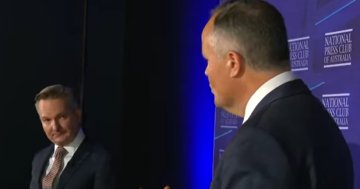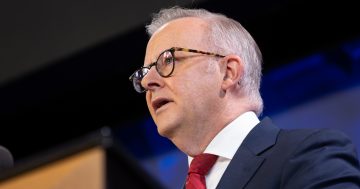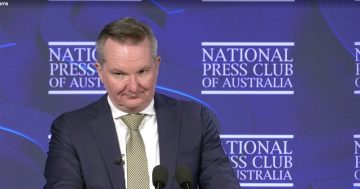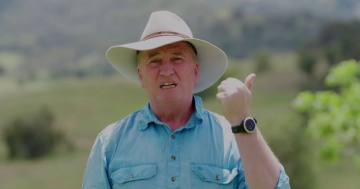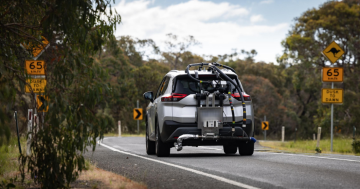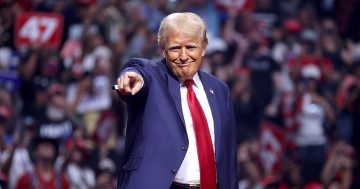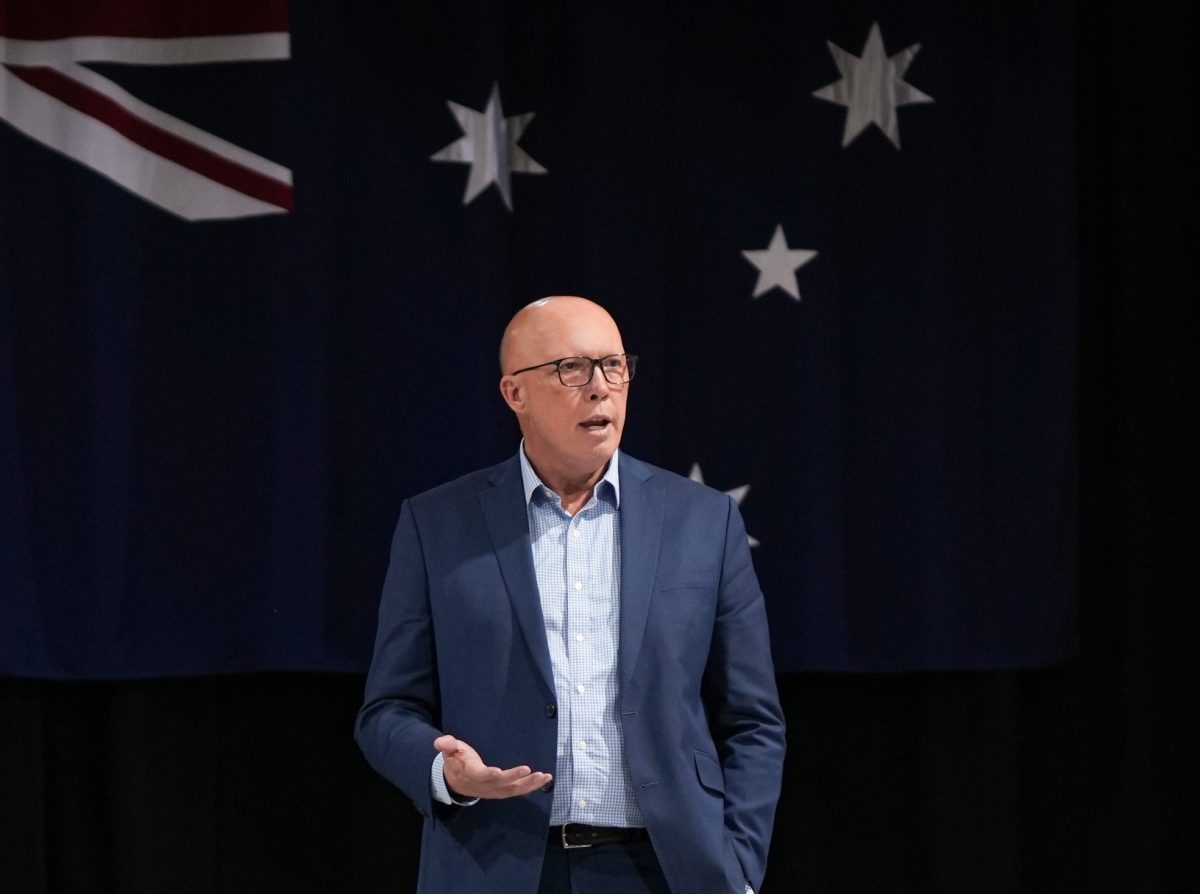
Peter Dutton won’t set an emissions reduction target for 2030 ahead of the next election. Photo: Peter Dutton Facebook.
Peter Dutton won’t set climate targets for 2030 unless he’s elected prime minister.
The Opposition Leader has clearly stated he and his Coalition team will campaign against Labor’s legislated emissions reduction target of 43 per cent by 2030.
Over the weekend, Mr Dutton said the Federal Government’s target was unachievable, setting the ground for next year’s federal election to be partly fought over climate change.
When pressed on Tuesday (11 June), the Opposition Leader revealed that he won’t be putting up an alternative target ahead of the election – not even during the campaign – but will fight against Labor’s target.
“In terms of the targets or otherwise, we’ll make those decisions when we’re in government,” Mr Dutton said.
“We’ll look at the prevailing economic conditions after the next election and we’ll make announcements in due course.”
He argued that the Coalition had a “credible path” to net zero emissions by 2050, but it was in no rush to set an earlier target to gauge progress towards that aim.
“I think there is a big debate for our country to have,” he said.
“We’ll make sure that we meet our international obligations, make sure that we do the right thing in relation to our economy, but the only party with a credible policy on net zero by 2050 is the Coalition.
“I’m not going to destroy the economy and send families bankrupt in the process of decarbonising our economy, whereas the Labor Party has the Australian people on that path.”
Taking a swipe at the government’s Paris Agreement trajectory, the Opposition Leader suggested it wasn’t his priority to help keep Australia on track to net zero by 2050.
And he didn’t care if Australia breached its Paris Agreement responsibilities along the way.
“The Labor Party can try to please people in Paris. My job is to take care of the Australian people, and that’s exactly what I would do as prime minister,” Mr Dutton said.
“Look, in terms of announcements, we’ll make them in due course. But I’ve been very clear about the fact that we are wedded to net zero by 2050.
“We are not going to crash the economy as Labor’s proposing to do. We’re not going to make it harder for families as Labor is in the process of doing. This is a government that’s two years old. Frankly, it looks 22 years old. I think there is a lot of pain in the economy at the moment that the Prime Minister won’t even acknowledge.”
Anthony Albanese described Mr Dutton as divisive and negative on the need for climate change action, and of being afraid of the future.
The Prime Minister said no 2030 target means walking out of the Paris Agreement and would place Australia with Libya, Yemen and Iran, adding that Australians didn’t want another election fought over climate change because they know it is real and they voted at the last election for candidates who took it seriously.
“You can’t shape the future if you’re afraid of it, and Peter Dutton is afraid of the future and he’s incapable of leading Australia towards the future that we need,” Mr Albanese said.
“Peter Dutton is worse than Scott Morrison on climate change. He is all negativity and no plan.
“And what we’ve seen now for two years under Peter Dutton is a reluctance to announce any policies.
“We’ve seen three, now, budget replies without a single costing, and now he and the Coalition are exposed for what that means.
“If you have a budget reply without any media releases, without any costings, without any serious policies, then you can’t be taken seriously as the alternative government of Australia.”
Climate Change Minister Chris Bowen said he was confident Australia would reach its 2030 emission reduction target.
He said the nation was estimated to be one percentage point away from being on track for a 43 per cent cut by 2030.
“The next round of forecasts before the end of the year will obviously show the impact of what we’ve announced and update on how we’re going with the implementation,” Mr Bowen said.
He added that Australia would be in clear breach of the Paris Agreement commitments if a future Coalition government ignored the current 2030 target legislation or decided to “rip up” the target altogether.
The Paris Agreement is a legally binding international treaty on climate change.
It was adopted by 196 Parties at the United Nations Climate Change Conference in Paris, France, on 12 December 2015. It entered into force on 4 November 2016.
An explanation statement on the UN’s Paris Agreement website states: “Its overarching goal is to hold the increase in the global average temperature to well below 2°C above pre-industrial levels and pursue efforts to limit the temperature increase to 1.5°C above pre-industrial levels.
“However, in recent years, world leaders have stressed the need to limit global warming to 1.5°C by the end of this century.”
Original Article published by Chris Johnson on Riotact.



